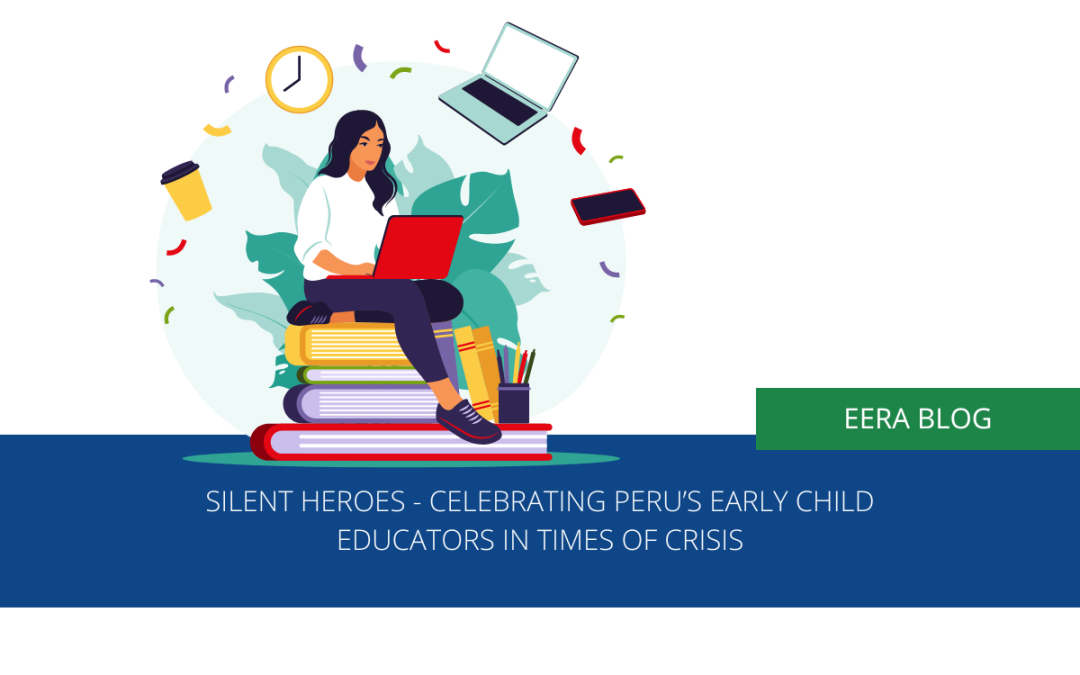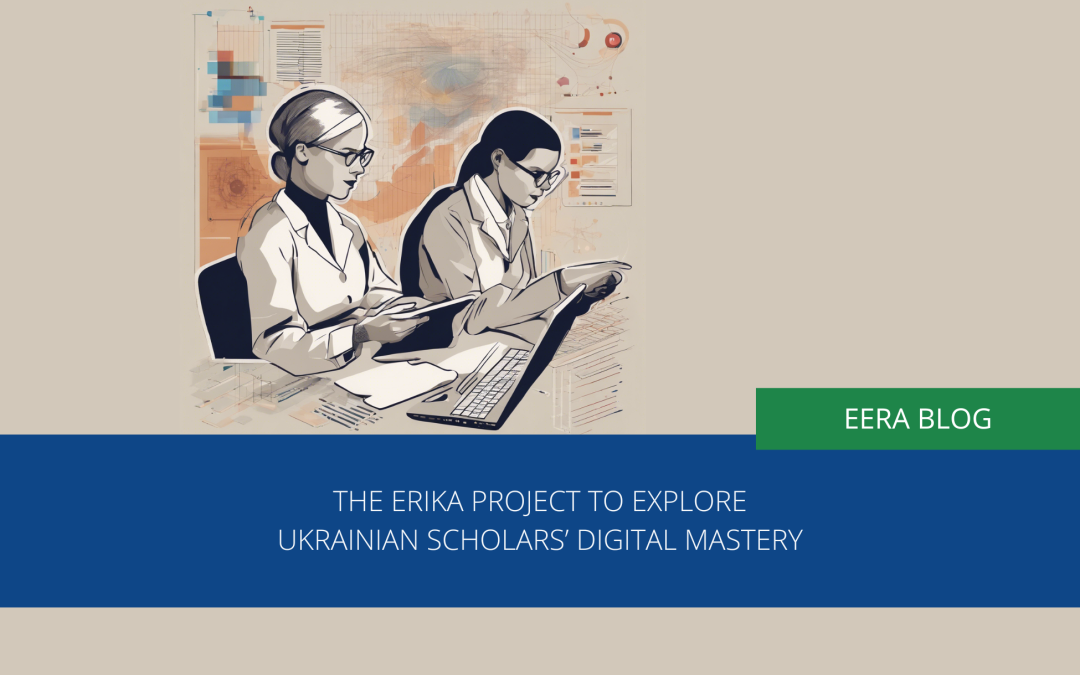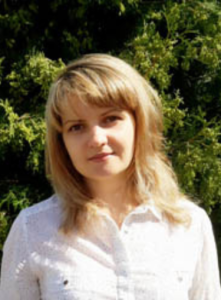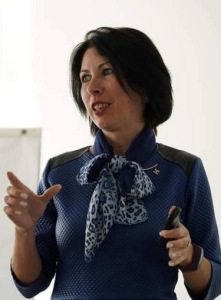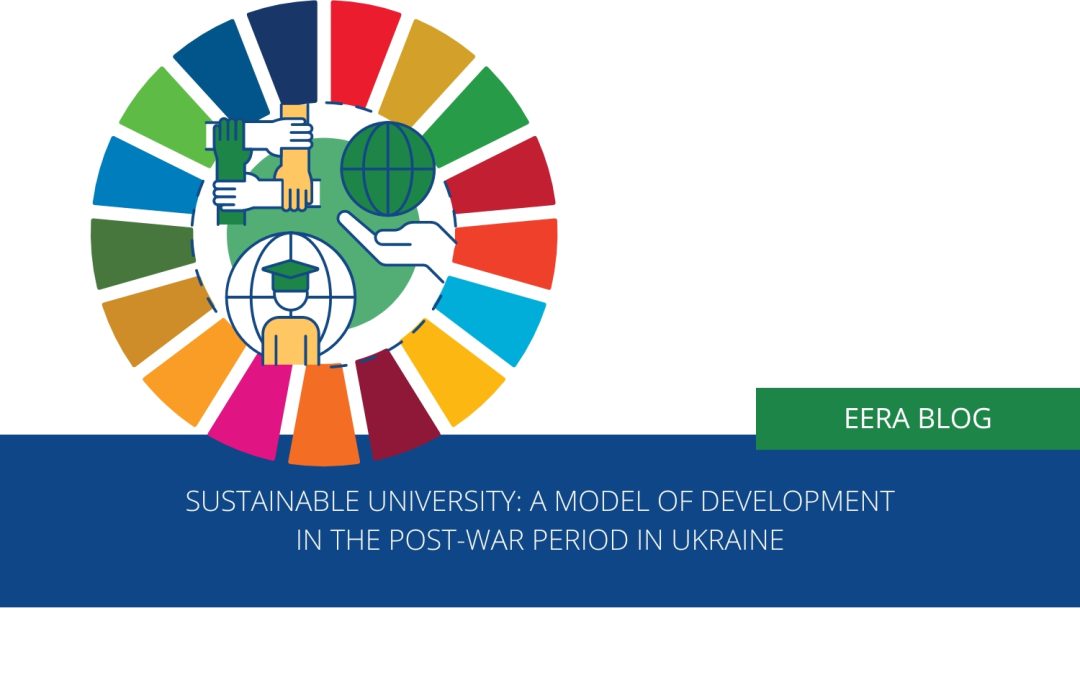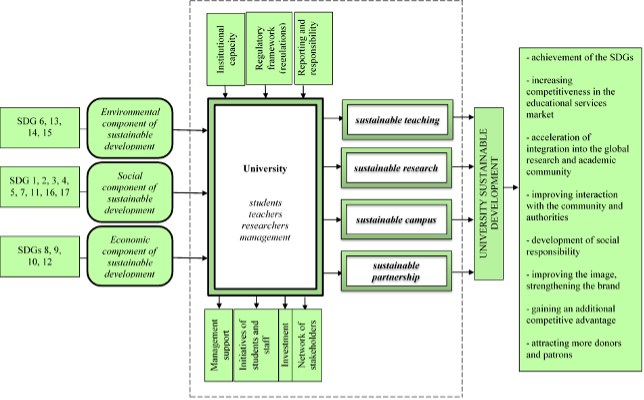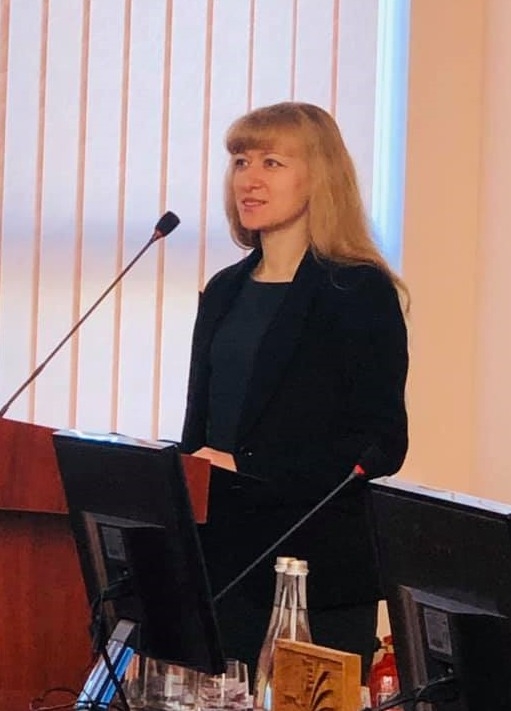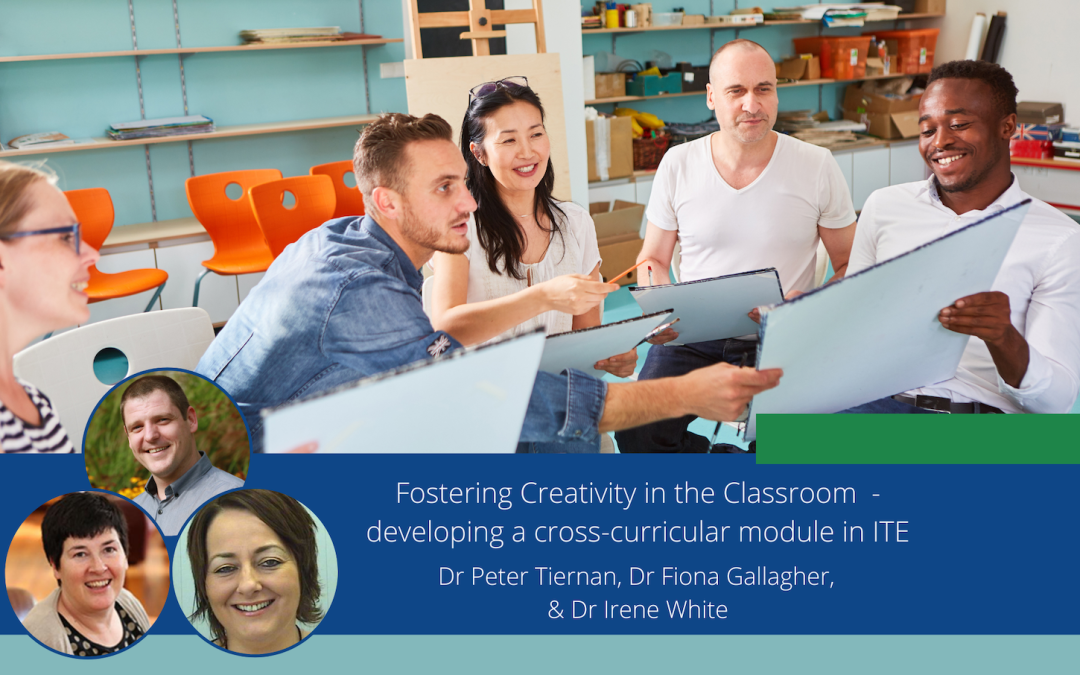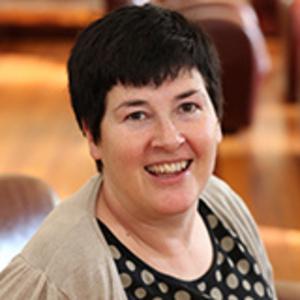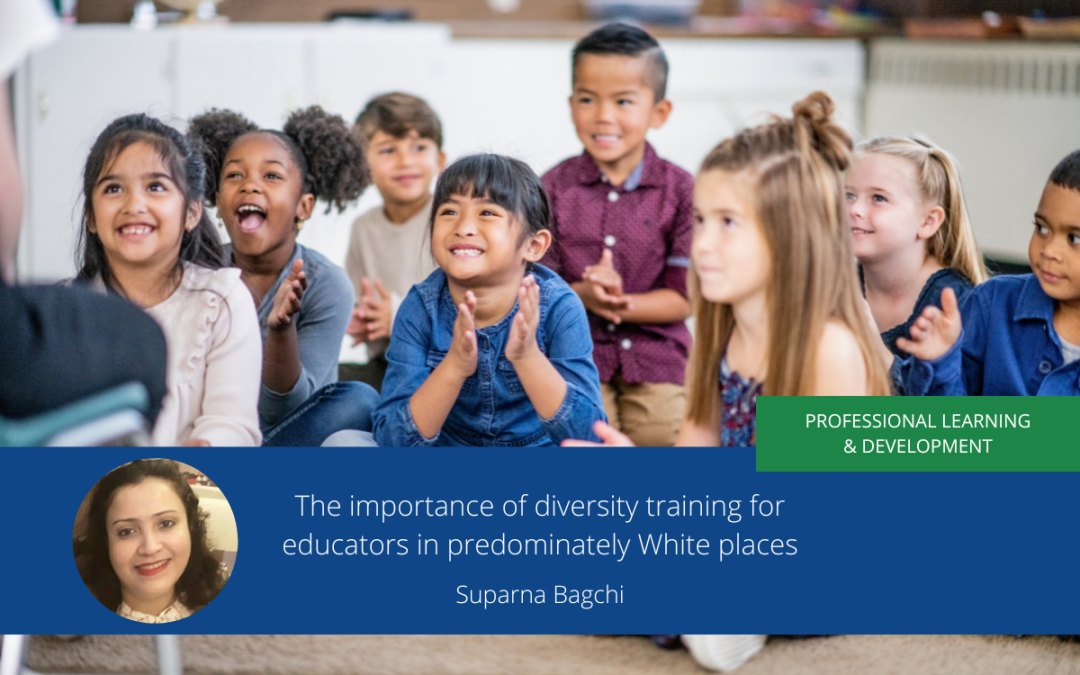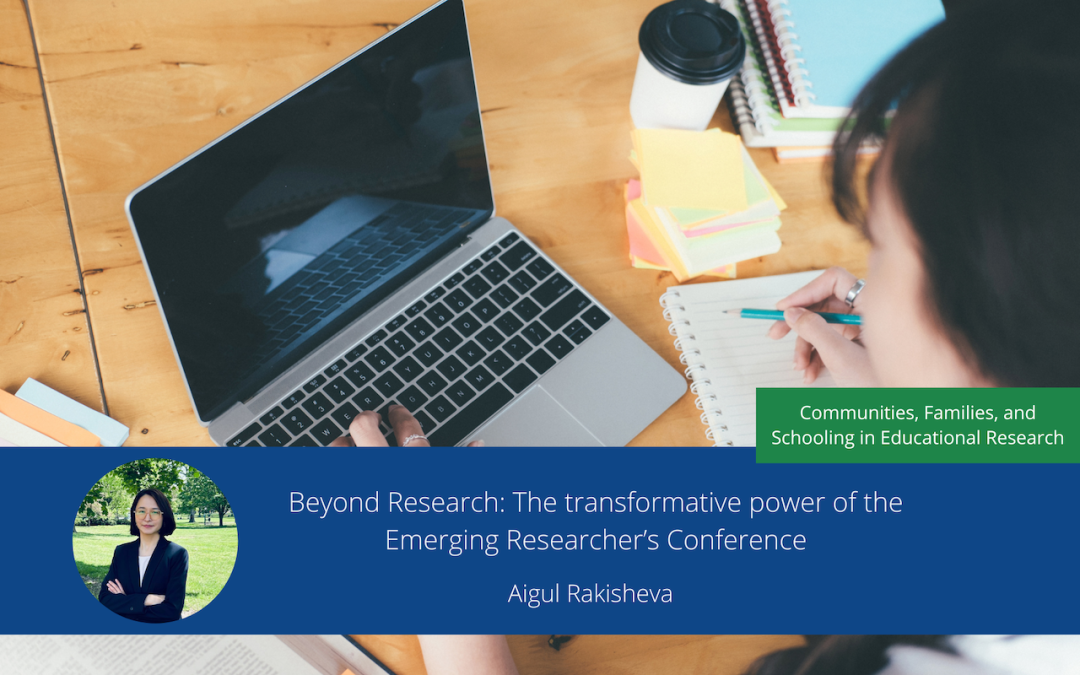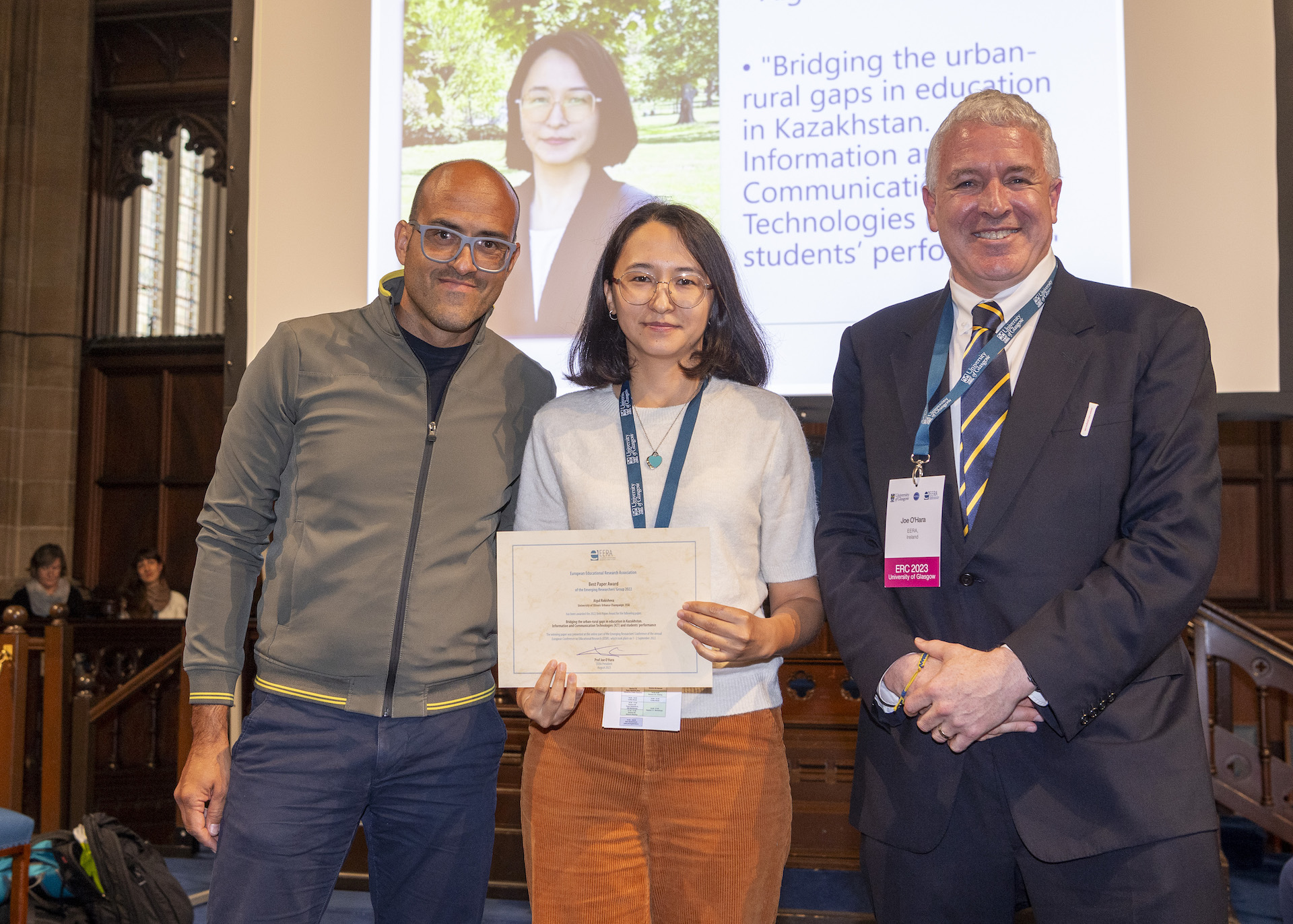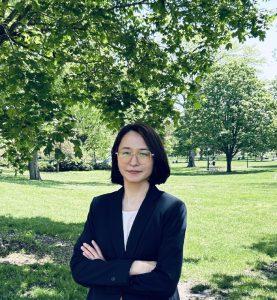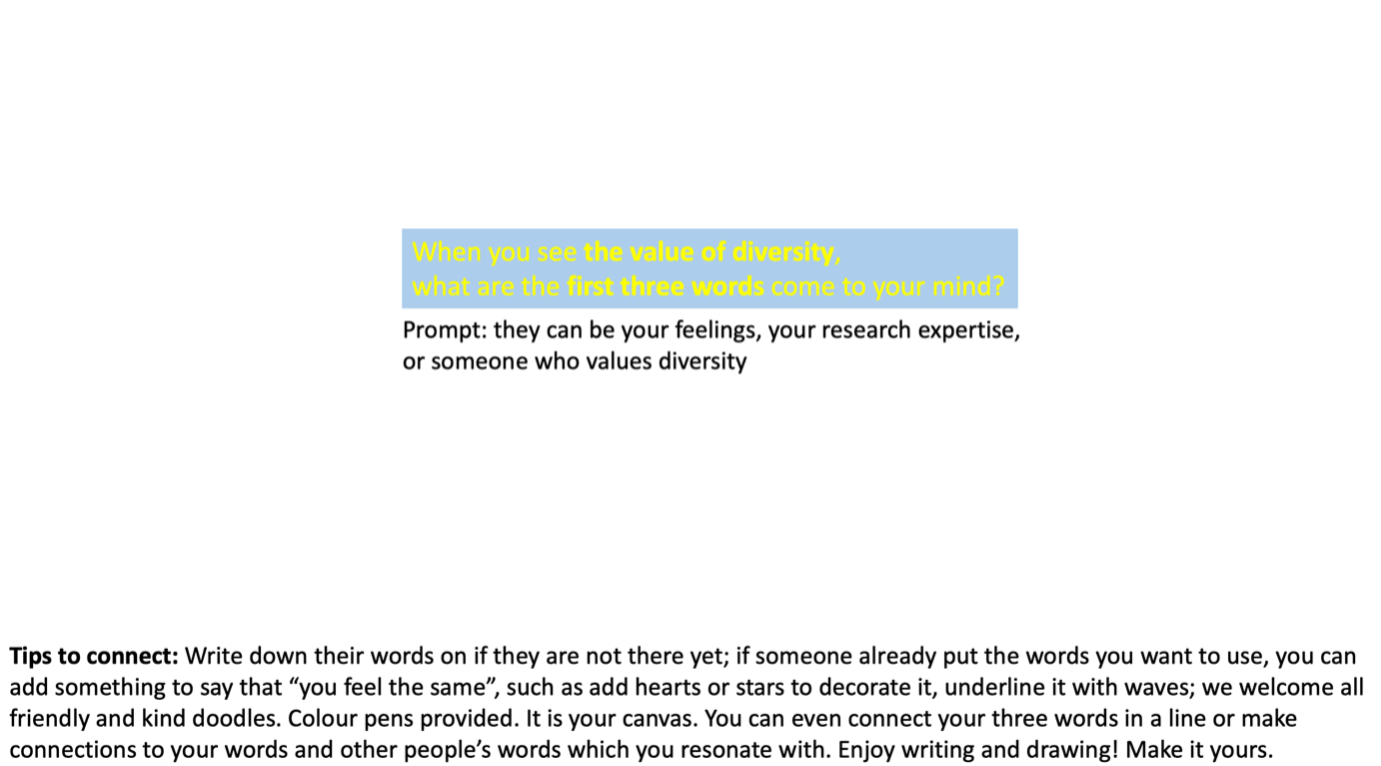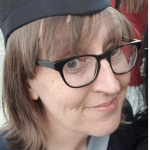Ayris, P., Lopez de San Roman, A., Maes, K., & Labastida, I. (2018). Open Science and its role in universities: A roadmap for cultural change. LERU. https://www.leru.org/publications/open-science-and-its-role-in-universities-a-roadmap-for-cultural-change (access date: 10.09.2023)
Cabero-Almenara, J., Guillén-Gámez, F. D., Ruiz-Palmero, J., & Palacios-Rodríguez, A. (2021). Digital competence of higher education professor according to DigCompEdu. Statistical research methods with ANOVA between fields of knowledge in different age ranges. Education and Information Technologies, 26(4), 4691–4708. https://doi.org/10.1007/s10639-021-10476-5
Dias-Trindade, S., & Albuquerque, C. (2022). University Teachers’ Digital Competence: A Case Study from Portugal. Social Sciences, 11(10), 481. https://doi.org/10.3390/socsci11100481
EU DGRI & EOSC EB. (2021). Digital skills for FAIR and Open Science: Report from the EOSC Executive Board Skills and Training Working Group. European Commission. Directorate General for Research and Innovation. EOSC Executive Board. Publications Office. https://data.europa.eu/doi/10.2777/59065
EU DGRI. (2020). Country sheets analysis: Report from the EOSC Executive Board Working Group (WG) Landscape. Directorate-General for Research and Innovation (European Commission). Publications Office of the European Union. https://data.europa.eu/doi/10.2777/568900
EU DGRI. (2017). Providing researchers with the skills and competencies they need to practise Open Science.European Commission. Directorate General for Research and Innovation. Publications Office. https://data.europa.eu/doi/10.2777/121253
European Comission. (2020a). Digital Education Action Plan (2021-2027). European Education Area. https://education.ec.europa.eu/node/1518 (access date: 10.09.2023)
European Comission. (2020b). Research and innovation strategy 2020-2024. https://research-and-innovation.ec.europa.eu/strategy/strategy-2020-2024_en (access date: 10.09.2023)
Hladchenko, M. (2022). Implications of Publication Requirements for the Research Output of Ukrainian Academics in Scopus in 1999–2019. Journal of Data and Information Science, 7(3), 71–93. https://doi.org/10.2478/jdis-2022-0016
Hladchenko, M., Dobbins, M., &Jungblut, J. (2018). Exploring Change and Stability in Ukrainian Higher Education and Research: A Historical Analysis Through Multiple Critical Junctures. Higher Education Policy, 33. https://doi.org/10.1057/s41307-018-0105-9
Lagoudakis, M. G., Gkizeli, M., Fotiou, A., Fragkedaki, D., &Kollnig, S. (2022). Teaching and Research in the Digital World. BHM Berg- Und HüttenmännischeMonatshefte, 167(10), 489–494. https://doi.org/10.1007/s00501-022-01283-7
Koblianska I., Kostetska I. (2023). Enhancing Empirical Academic Research in Ukraine: training materials. Zenodo. 124 p. https://doi.org/10.5281/zenodo.7817137
Suyo-Vega, J. A., Meneses-La-Riva, M. E., Fernández-Bedoya, V. H., Ocupa-Cabrera, H. G., Alvarado-Suyo, S. A., da Costa Polonia, A., Miotto, A. I., & Gago-Chávez, J. de J. S. (2022). University teachers’ self-perception of digital research competencies. A qualitative study conducted in Peru. Frontiers in Education, 7. https://www.frontiersin.org/articles/10.3389/feduc.2022.1004967 (access date: 10.09.2023)
Tavares, M. C., Azevedo, G., & Marques, R. P. (2022). The Challenges and Opportunities of Era 5.0 for a More Humanistic and Sustainable Society—A Literature Review. Societies, 12(6), Article 6. https://doi.org/10.3390/soc12060149
Van Petegem, W., Bosman, J., De Klerk, M., & Strydom, S. (2021). Evolving as a Digital Scholar: Teaching and Researching in a Digital World. Leuven University Press. https://doi.org/10.2307/j.ctv20zbkk0
Weller, M. (2018). The Digital Scholar Revisited: The Digital Scholar: Philosopher’s Lab, 1(2), 52–71. https://doi.org/10.5840/dspl20181218

